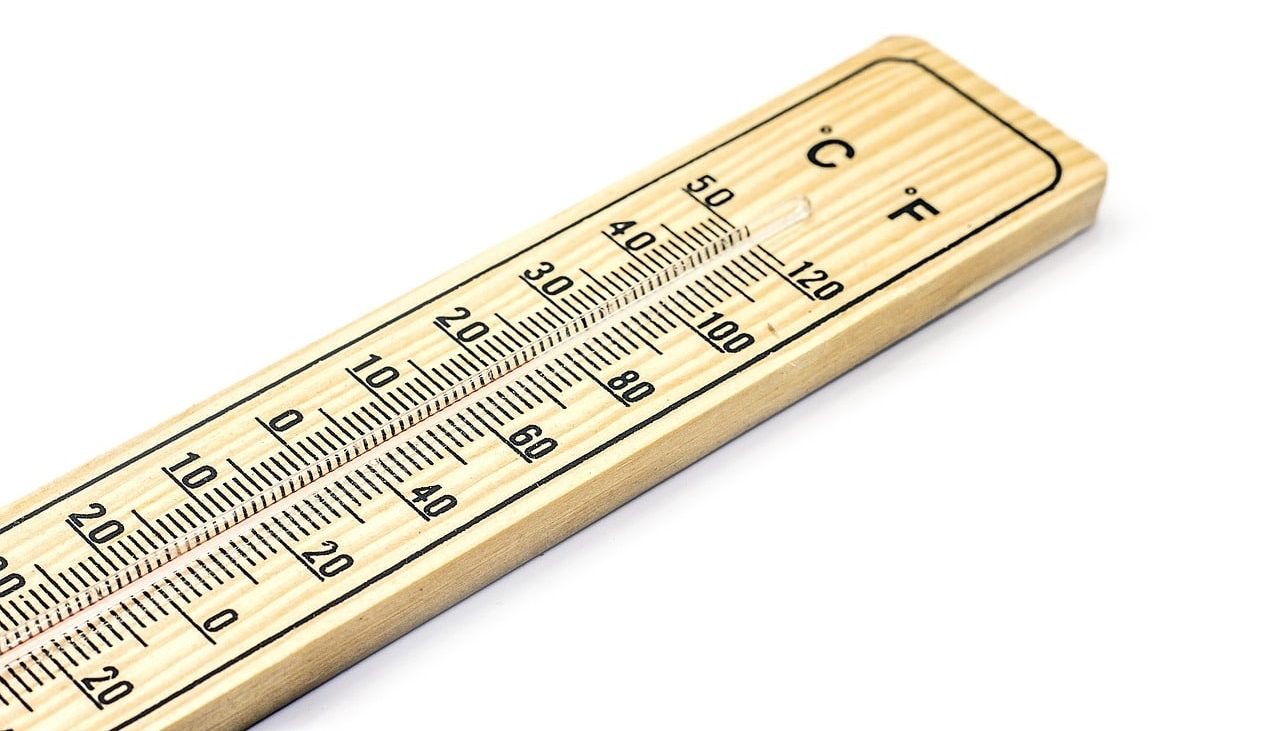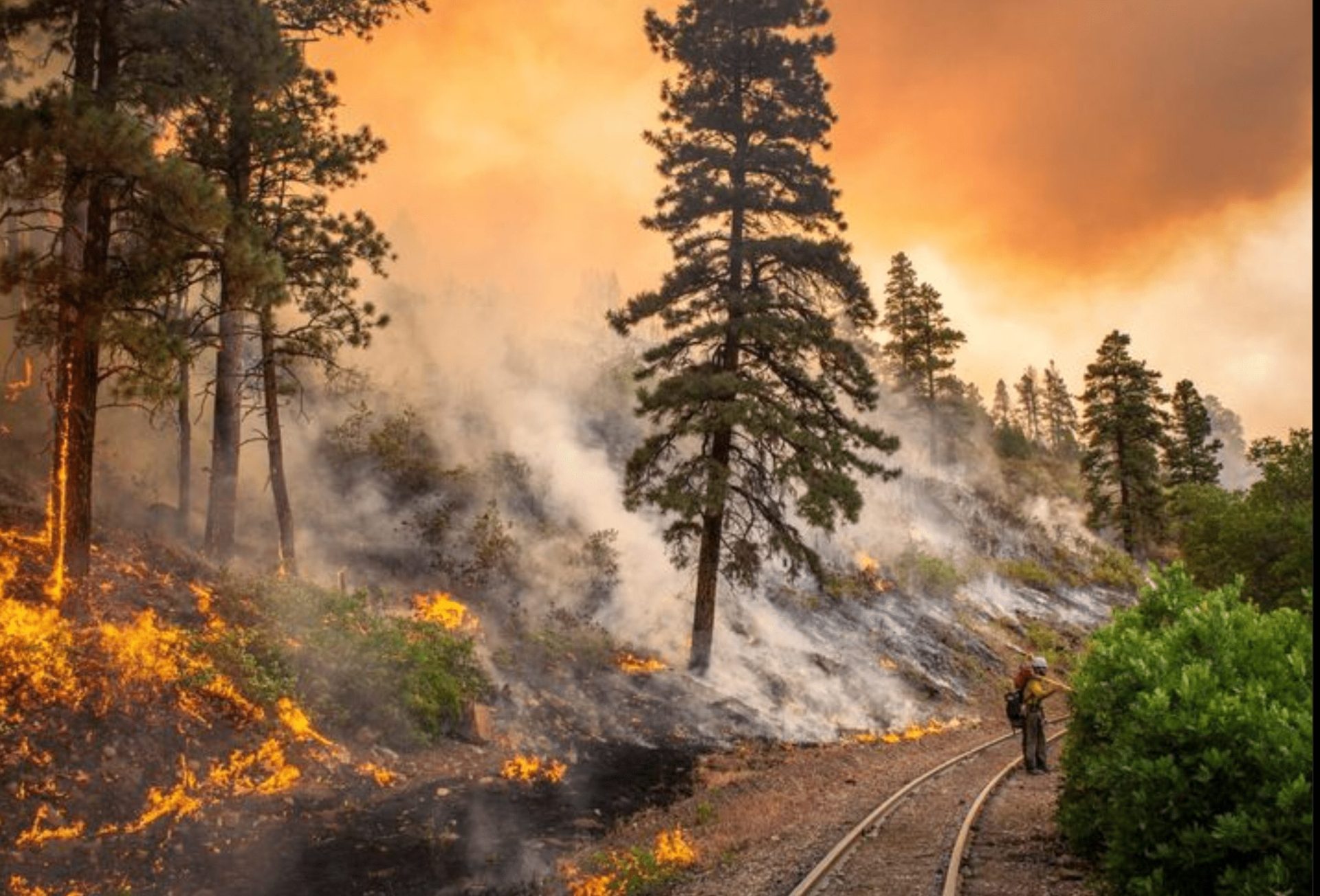
The eastern provinces of Canada saw temperatures exceeding 96°F (36°C) last week. High humidity caused apparent temperatures to rise to over 104°F (40°C). The heatwave broke records in over 100 locations in eastern Canada. In some places, the new record temperatures are 13°F (7°C) hotter than the previous highest temperature. The heatwave moved up from the United States, where millions of people were under a heat warning, and has cooled off since last week.
The population in Canada’s western provinces experienced several new daily minimum temperature records. In the province of Alberta, 13 records for the daily minimum were broken last week. Some towns in central and western Canada saw snow last week. In Sparwood, 13 miles north of Fernie Alpine Resort, the daily high did not exceed 50°F (10°C) on Saturday, June 16. The lowest temperature during the cold spell was in Alberta, where the town of Hendrickson Creek reported a daily low of 27.7°F (-2.7°C).
- Related: NOAA Winter 2024/25 Early Forecast: La Niña Returns and What That Means For Next Winter’s Ski Season
Weather experts described the difference in temperatures from east to west as normal. Due to Canada’s massive size (it is the world’s second-largest country), different weather patterns throughout the country are not unusual. However, the extreme difference in temperatures is unusual. “They’re breaking all-time records, so there is something more that’s going on,” Kerri Lang, a meteorologist at CBC News, said.
One of the reasons for the phenomenon is the irregular jet stream. The jet stream is a high-velocity wind that moves westward and separates warm and cold air in the north and south. In the past, the jet stream has flown in a relatively straight and stable line. The jet stream has become less stable in recent years, causing it to meander and form bends. These bends can cause warm air to wander further north and cold air to wander further south, forming pockets of cold and warm air above certain areas.
Climate change and global warming are also likely responsible for the extreme heat in eastern Canada. A study found that heat waves are 150 times less likely without human influence on the climate. The study was conducted after the 2021 heatwave in Oregon and British Columbia that caused massive forest fires. More extreme weather events are also likely because of climate change.
Heatwaves can cause serious health problems. In Mecca, Saudi Arabia, over 1,300 Muslims died during a pilgrimage. Residents in eastern Canada were warned about the dangers of the high temperatures, especially for elders, and were told to refrain from physical activity from 11 a.m. to 4 p.m. There were no reported victims of the heatwave in Canada last week.
